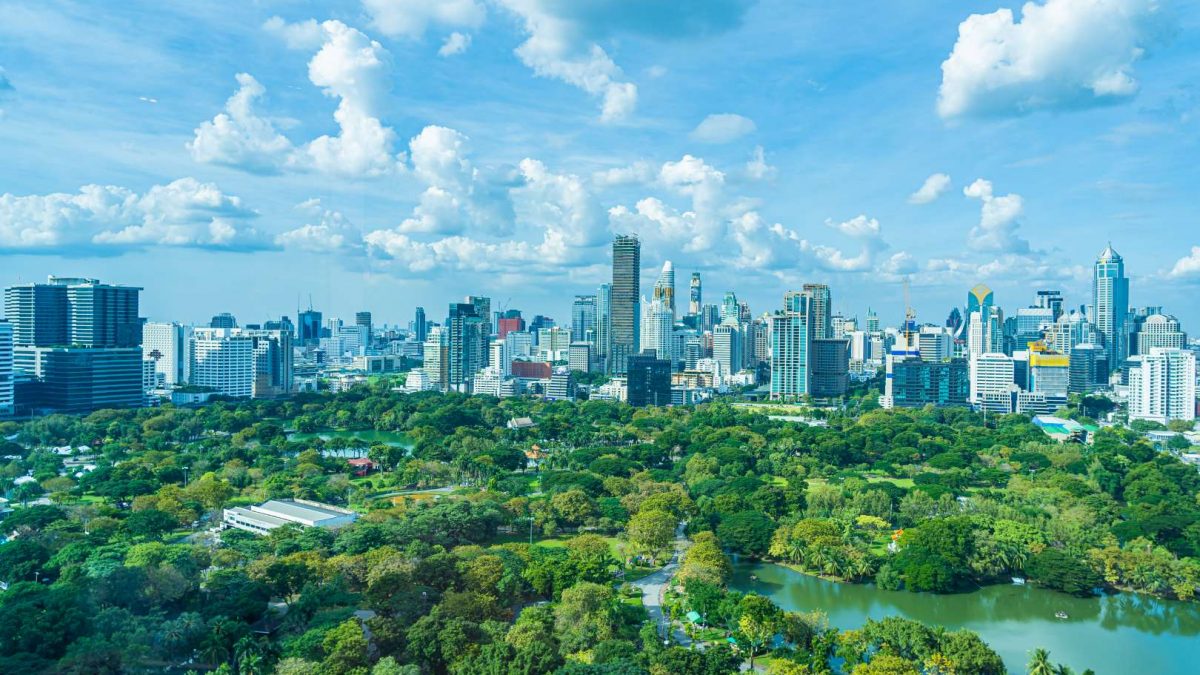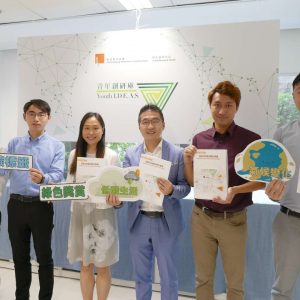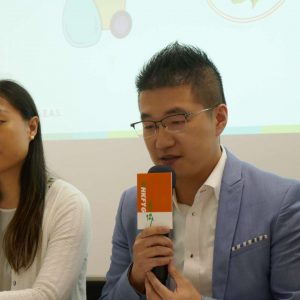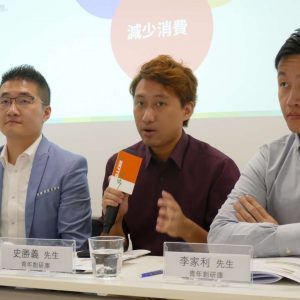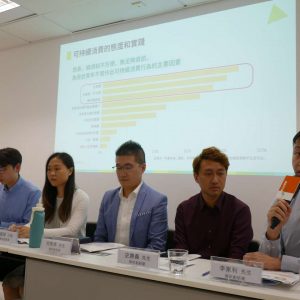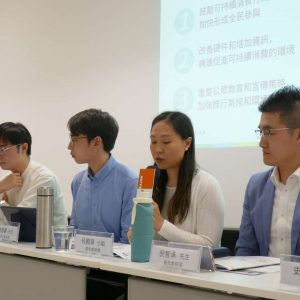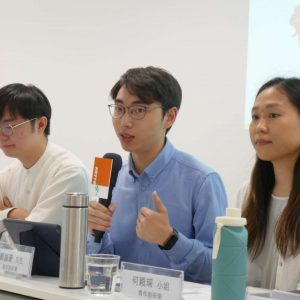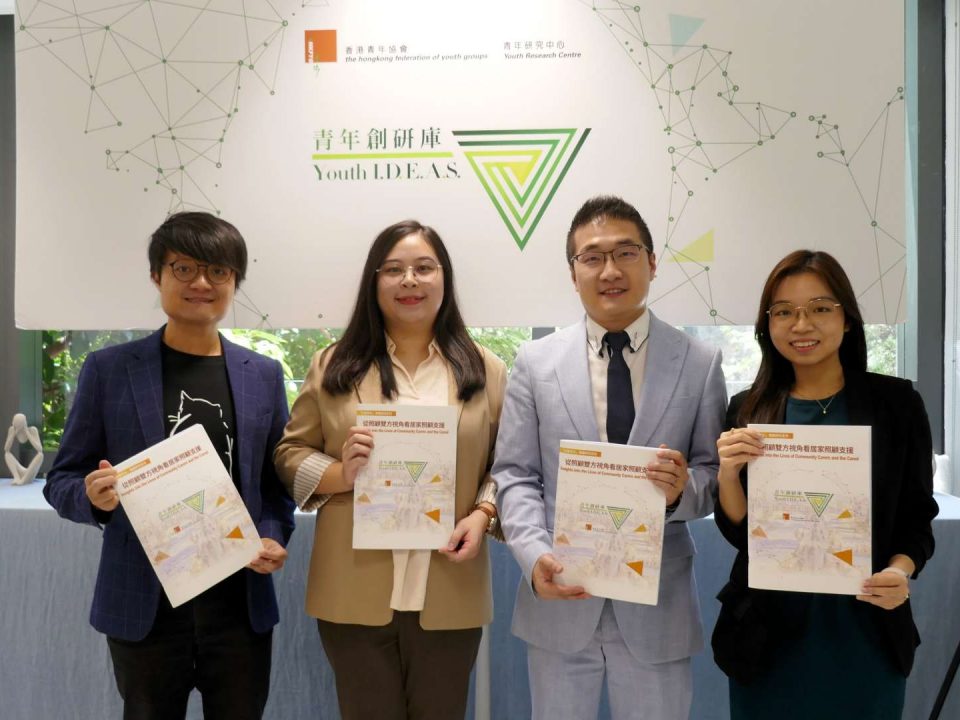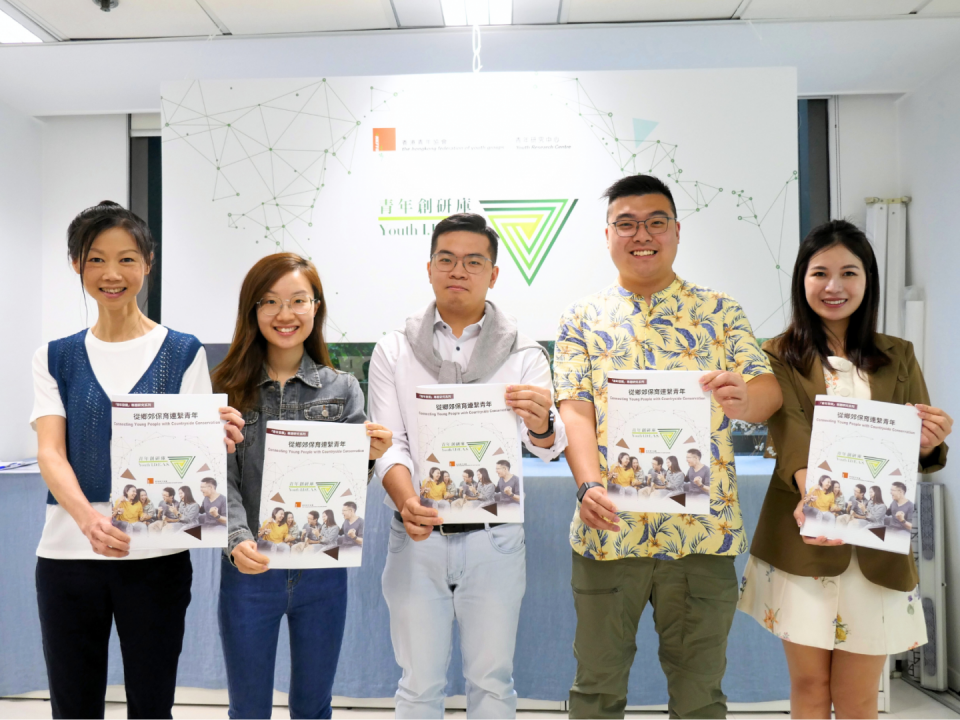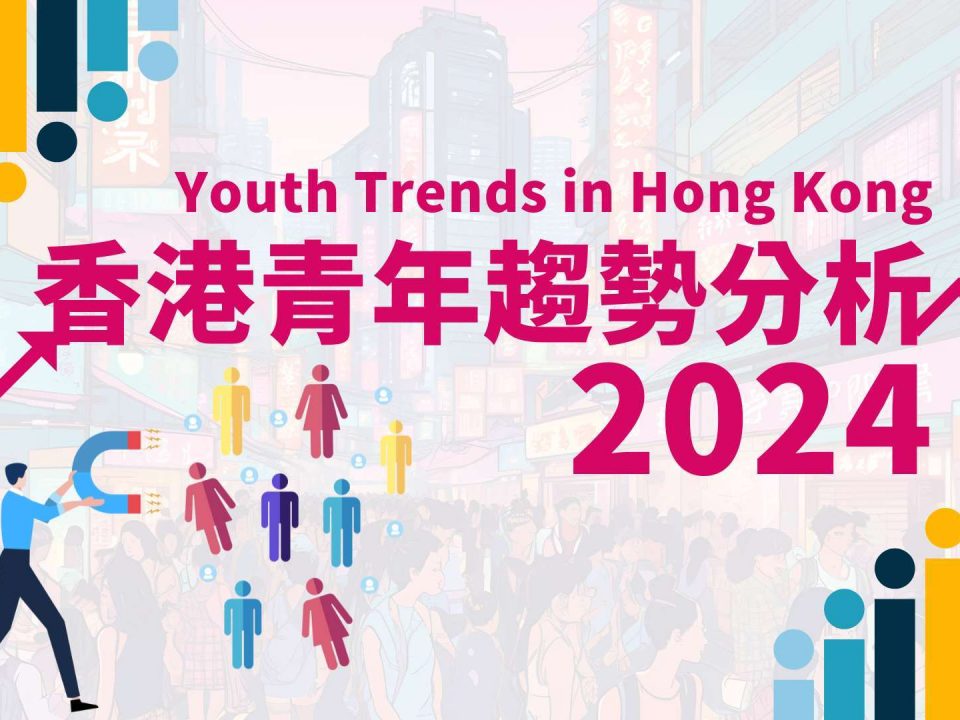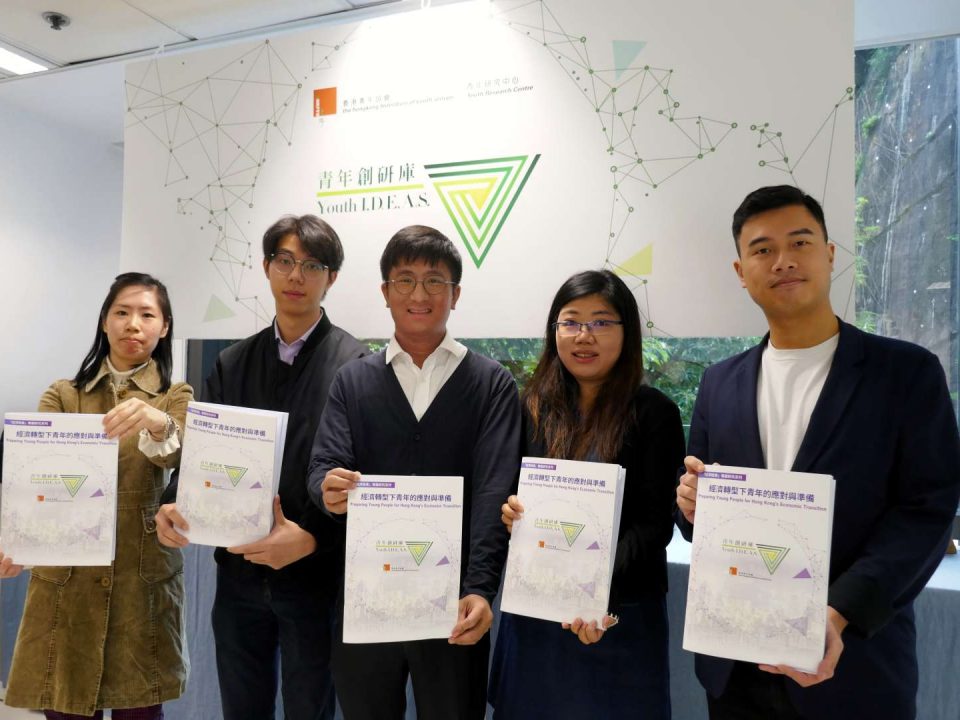Working Towards Sustainable Consumption
Youth I.D.E.A.S. 73
Society and Livelihood — Working Towards Sustainable Consumption
Over the past few decades, Hong Kong has experienced rapid economic development, transforming it into an internationally affluent city. However, this has also resulted in excessive resource consumption and waste disposal. As Hong Kong enters a post-pandemic recovery phase and society returns to normal, it is worth all stakeholders in society to consider how to change their consumption habits, and what the Government and society as a whole could do to aid the transition to sustainable and carbon-neutral lifestyles.
The Youth I.D.E.A.S. has conducted research about “Working Towards Sustainable Consumption”. Data was collected during May to July 2023, and the research report has been published recently.
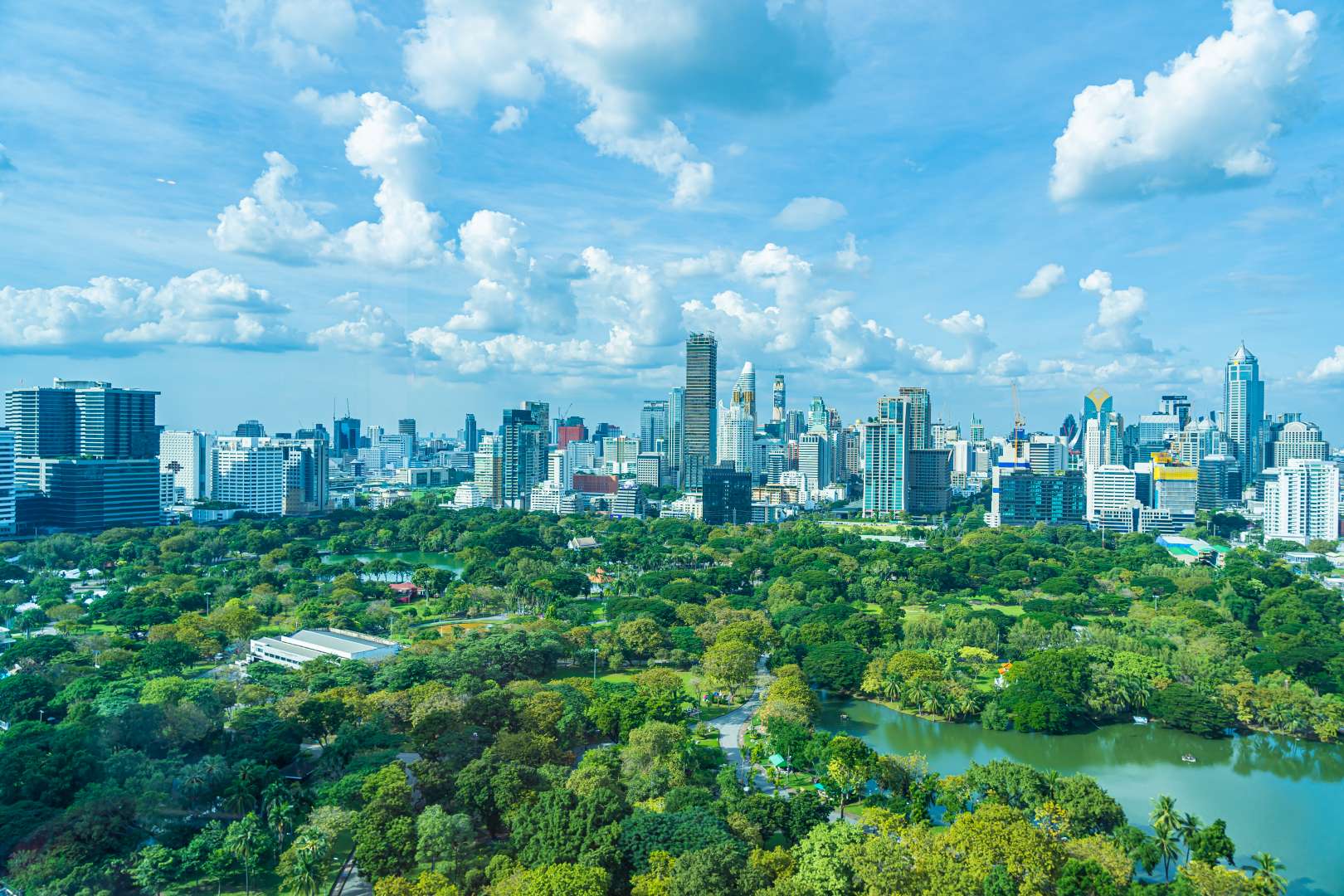
Publication
Click to Read More
Research Background
Over the past few decades, Hong Kong has experienced rapid economic development, transforming it into an internationally affluent city. However, this has also resulted in excessive resource consumption and waste disposal. As Hong Kong enters a post-pandemic recovery phase and society returns to normal, it is worth all stakeholders in society to consider how to change their consumption habits, and what the Government and society as a whole could do to aid the transition to sustainable and carbon-neutral lifestyles.
The Youth I.D.E.A.S. has conducted research about “Working Towards Sustainable Consumption”. Data was collected during May to July 2023, and the research report has been published recently.
Over the course of many years, global patterns of economic growth and production have led to the overconsumption of natural resources and caused significant environmental damage. As such the concepts of sustainability and sustainable development have led people to become increasingly aware of climate crises and environmental issues. This, in turn, has prompted a re-evaluation of the economic development models that have contributed to environmental degradation with sustainable consumption and production models becoming globally recognised. In 2015, the United Nations incorporated it as one of the 17 Sustainable Development Goals (SDGs), and called for proactive action from nations.
Sustainable consumption and production is about “minimising the use of natural resources, toxic materials and emissions of waste and pollutants”, while simultaneously meeting developmental needs and to “bring a better quality of life”[1]. Over the past few decades, Hong Kong has experienced rapid economic development, transforming it into an internationally affluent city. However, this has also resulted in excessive resource consumption[2] and waste disposal[3]. As Hong Kong enters a post-pandemic recovery phase and society returns to normal, achieving a green transformation has become all the more urgent. To achieve carbon-neutral goals, it is crucial to develop low-carbon energy systems and develop green industries, while also leveraging consumer behaviour to drive changes that address lifestyle habits related to clothing, food, housing, and transportation.
Although environmentally-friendly consumption practises have gradually gained public attention, a local survey found that over 40% of Hong Kong respondents considered themselves not very or not at all aware of the concept of sustainable consumption. The study also revealed a gap between Hong Kong people’s awareness and attitudes towards sustainable consumption and their actual behaviours, indicating room for improvement in societal consciousness and practises.
In light of the above, this study aims to explore the attitudes, awareness, and practises of sustainable consumption among young people, and consider strategies from other countries. By doing so, this study seeks to identify factors and incentives that can effectively promote sustainable consumption among the general population.
[1] 可持續消費的定義於 1994 年的奧斯陸可持續消費研討會首次被確立,較近期和常見的定義 要數 2011 年聯合國環境規劃署出版的 Paving the Way for Sustainable Consumption and Production: The Marrakech Process Progress Report。
[2] 香港 01(2018 年 5 月 31 日)。〈【政策分析】港人食水消耗量為何偏高?從水費單裏找 答案〉。網址:https://www.hk01.com/社會新聞/194008/政策分析-港人食水消耗量為何偏 高-從水費單裏找答
[3] 政府新聞處。(2022 年)。〈固體廢物棄置量按年增 5.4%〉。網址: https://www.news.gov.hk/chi/2022/12/20221229/20221229_143326_104.htm
[4] 消費者委員會。(2021)。〈可持續消費知行融樂–消費行為追蹤研究〉。
[5] 特區政府。2022。《青年發展藍圖》。
Research Method
This study uses data collected between May to July 2023 via three methods: an online survey of 903 young people aged 15 to 34, a seven-day lifestyle experiment and in-depth interviews with 8 youths who align with the concept of environmental protection and sustainability but do not frequently practise it in their daily lives.
Main Discussion
The impact of consumer behaviour and individual lifestyles on climate change is a growing concern.
The majority of surveyed young people acknowledge the value of environmental conservation and recognise the importance of low-carbon and sustainable living.
Reducing food waste, checking energy labels, bringing their own containers, and recycling are the more common sustainable consumption behaviours among the surveyed young people.
The young people interviewed demonstrated a limited consideration of product eco-friendliness during their consumption activities, and their awareness of their carbon footprint in daily life was found to be low. Inconsistencies in attitudes and behaviours among young people towards sustainable consumption were evident.
A significant number of interviewed youths perceive the Government’s determination to address climate change as insufficient.


